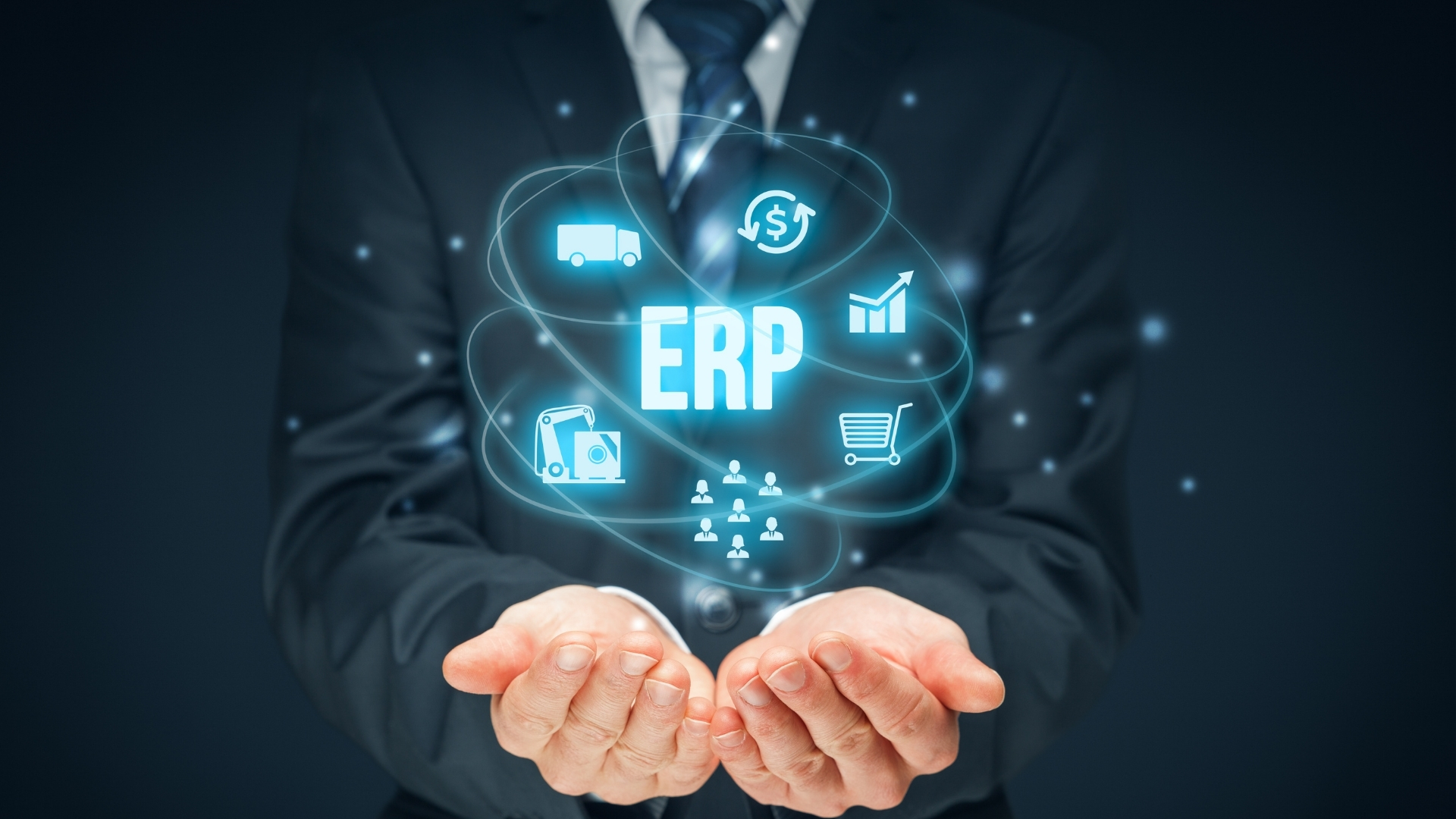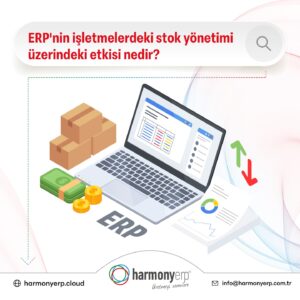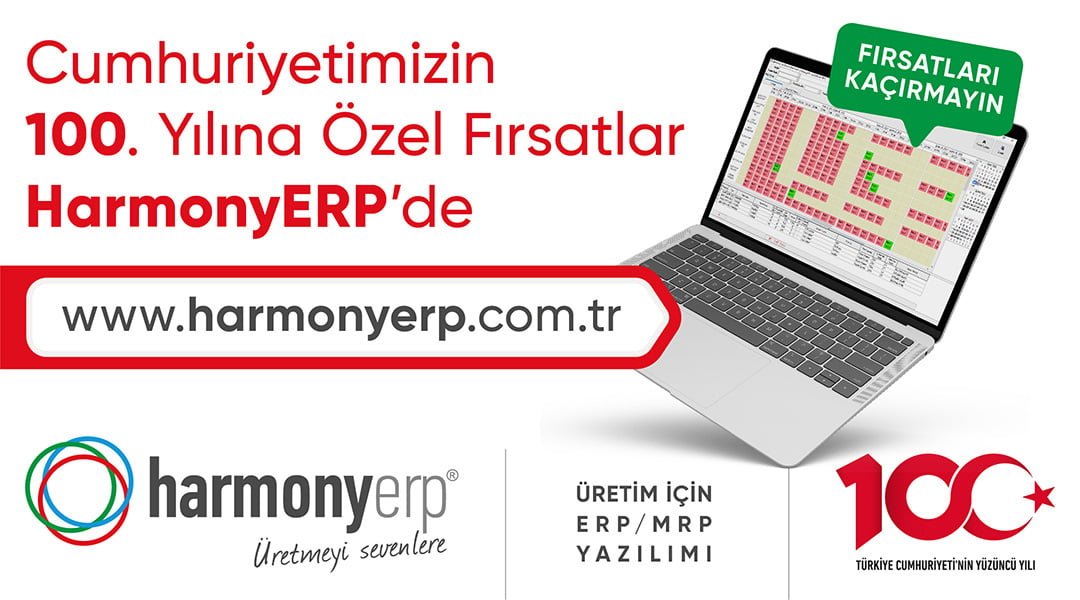What is the Impact of ERP on Cost Effectiveness in Businesses?

ERP (Enterprise Resource Planning) systems are comprehensive software solutions that allow businesses to manage their operations more efficiently and effectively. The impact of ERP systems on cost effectiveness can be evaluated through many factors such as return on investment, increased efficiency in business processes, improvements in decision-making processes and the advantages provided by integration. In this article, we will discuss the impact of ERP on cost effectiveness in enterprises under various headings.
Cost Structure of ERP Systems
The cost structure of ERP systems includes various components such as the purchase of the software, implementation, customization, training, and ongoing maintenance and support services. While the initial investment is often high, ERP systems can save businesses money in the long run. We will examine a detailed analysis of the cost components of an ERP system and how this investment can be optimized.
The cost structure of ERP (Enterprise Resource Planning) systems is made up of multiple components and is a complex investment that needs to be carefully managed to maximize the benefits of these systems to businesses. Start-up costs include various items such as software license fees, hardware purchases, system integration, customization efforts and employee training. The magnitude of these costs can vary significantly depending on factors such as the scope of the ERP system selected, the size of the business and the degree of customization need. In addition, businesses often invest in external consulting services to use these systems effectively.
Another important element of the cost structure of the ERP system is continuous operational costs. These costs include maintenance of the software, technical support, system updates and ongoing user training. In addition to the initial investment, these ongoing costs are necessary to keep the ERP system running effectively and ensure that the business can keep up with technological developments. In addition, businesses can make additional customizations and improvements over time to better integrate ERP systems into their business processes and strengthen their technological infrastructure. While this increases the long-term benefits of the ERP system to the business, it also makes it imperative that the total cost is managed effectively.
Increased Productivity and Optimization of Business Processes
One of the biggest advantages of ERP systems is their capacity to standardize and automate business processes. This automation reduces data entry errors, speeds up operations and increases overall workflow efficiency. In this section, we will discuss the positive effects of ERP on business processes and how these improvements contribute to cost effectiveness.
One of the most important advantages of ERP (Enterprise Resource Planning) systems is the increase in productivity and optimization of business processes. These systems combine various business functions – such as accounting, human resources, supply chain management, customer relationship management – into a single database, facilitating the flow of information and integrating business processes. This integration leads to reduced data entry errors, faster transactions and improved coordination between departments. As a result, businesses can access necessary information faster, speed up decision-making processes and increase operational efficiency. ERP systems also support standard business processes, enabling businesses to adopt best practices and continuously improve their processes.
ERP systems automate business processes, reducing manual workload and allowing employees to focus on more strategic tasks. Automation reduces error rates and increases business process efficiency, especially in repetitive and time-consuming tasks. For example, ERP systems offer functions such as automated order processing in supply chain management, real-time stock tracking in inventory management and instant financial reporting in financial management. These features enable businesses to make faster and more accurate transactions, reduce inventory costs and increase customer satisfaction. Therefore, the increase in productivity and optimization of business processes provided by ERP systems allow businesses to gain competitive advantage and take a more effective position in the market.
Improvement in Decision Making Processes
By providing access to real-time data, ERP systems enable managers to make more informed decisions. From inventory management to financial planning, this helps to optimize costs and be more effective in resource allocation. In this section, we will examine the impact of ERP on decision making and its role on cost effectiveness.
Advantages of Integration and Automation
ERP systems facilitate the flow of information by providing integration between different business functions and departments. This integration reduces delays in business processes and lowers operational costs. Furthermore, automation reduces manual operations, which saves on personnel costs. In this section, we will discuss the benefits of ERP in terms of integration and automation and their impact on cost effectiveness.
Challenges of ERP Systems and Ways to Overcome Them
Although ERP systems offer many advantages, they can be difficult to implement and manage successfully. Challenges in the implementation process can be staff training, system customization and integration issues. In this section, we will discuss the challenges that ERP systems bring and the strategies that businesses can follow to overcome these challenges.
Long Term Cost Effectiveness and ROI
The cost-effectiveness of ERP systems should be evaluated not only by short-term savings, but also by long-term return on investment (ROI). In this section, we will examine how ERP investments affect long-term cost-effectiveness and ROI, and the paths businesses can take to maximize this return.
It addresses various aspects of the impact of ERP systems on cost effectiveness in businesses and shows how businesses can make the best use of these systems. Successful implementation and management of ERP systems can deliver significant cost savings and operational efficiencies for businesses.

Previous Post
What are the Uses of Big Data Management in Business?
Next Post
What is the Impact of ERP on Inventory Management in Businesses?






